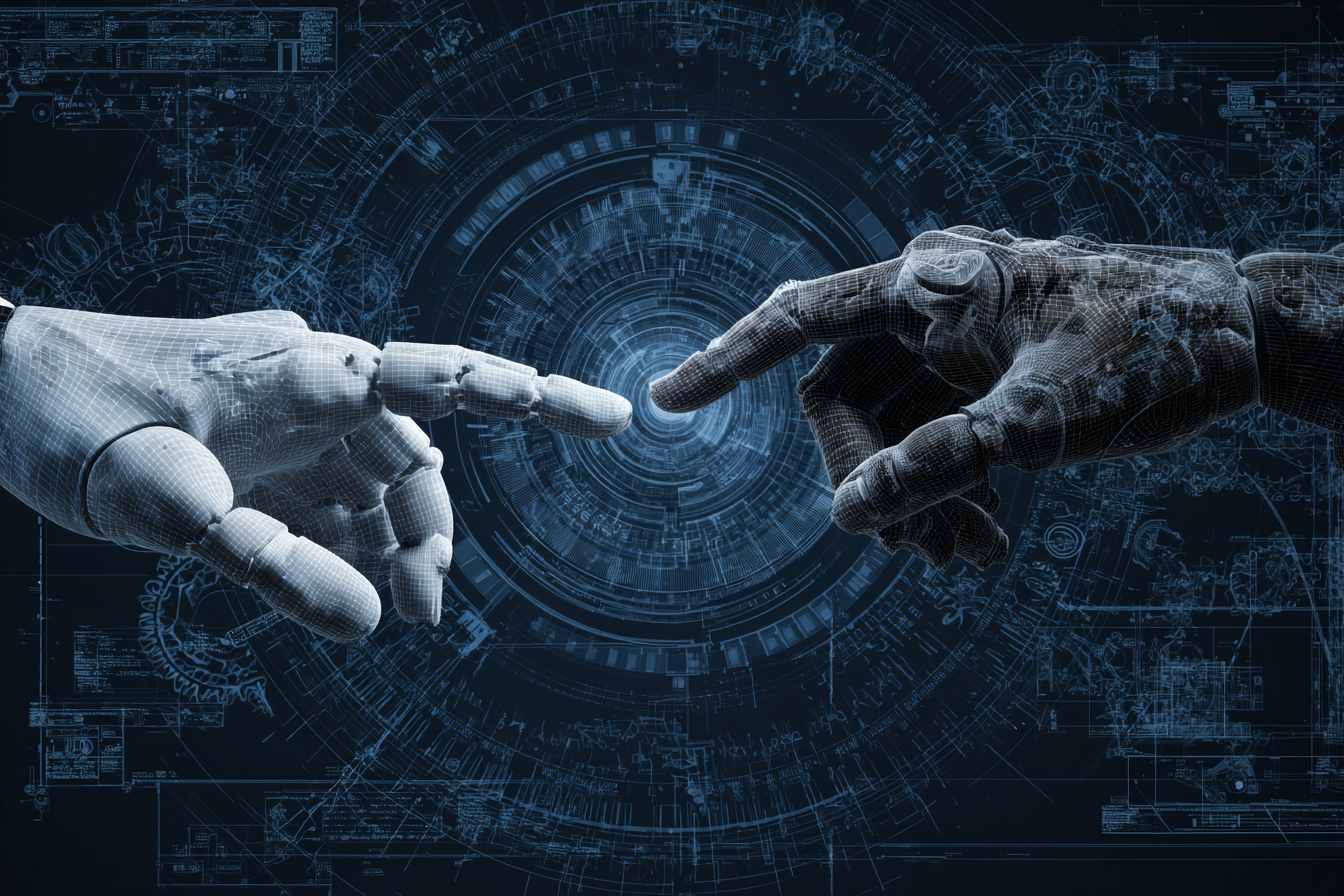Introduction
As artificial intelligence (AI) continues to evolve, its integration into various industries is transforming the way businesses operate. However, alongside these advancements comes the challenge of establishing a corporate culture that embraces AI as a collaborative ally rather than viewing it as a competitor. Organizations that successfully adopt a collaborative approach to AI can enhance productivity, drive innovation, and create a workforce prepared for the future. This blog post will explore strategies for building such a culture, emphasizing the importance of collaboration over competition.
Understanding the Role of AI in the Workplace
To foster a culture that collaborates with AI, it is essential first to understand the role of AI in the workplace. AI systems can automate mundane tasks, analyze vast amounts of data, and provide insights that were previously unimaginable. This allows employees to focus on higher-value work, creativity, and problem-solving—areas where human skills excel.
For instance, in customer service, AI chatbots can handle routine inquiries, freeing human agents to tackle more complex issues. In product development, AI can analyze user behavior and preferences, providing insights that guide teams in creating more user-centric products. Recognizing these capabilities is the first step toward encouraging a collaborative culture.
Strategies for Fostering a Collaborative Culture with AI
To build a culture that collaborates with AI technologies, organizations can implement several strategies:
- Education and Training: Invest in training programs that educate employees about AI technologies and their potential benefits. This demystification helps reduce fear and resistance, allowing employees to view AI as a tool that enhances their work rather than a replacement.
- Encourage AI-Human Collaboration: Create roles that specifically focus on the collaboration between humans and AI. For example, AI specialists and domain experts can work together to develop AI solutions that meet specific business needs, ensuring that technology serves human interests.
- Promote a Growth Mindset: Encourage employees to adopt a growth mindset, viewing AI as an opportunity for learning and growth. This perspective empowers individuals to explore new skills and adapt to technological changes, fostering resilience in a rapidly evolving landscape.
- Incorporate AI into Decision-Making: Use AI tools to enhance decision-making processes across all levels of the organization. This approach not only increases efficiency but also promotes a culture of data-driven decisions, where AI insights complement human judgment.
- Celebrate Successful Collaborations: Recognize and reward teams or individuals who successfully integrate AI into their work processes. This recognition reinforces the value of collaboration and encourages others to follow suit.
Overcoming Resistance to AI Integration
Despite the potential benefits, resistance to AI integration is a common challenge faced by many organizations. Employees may fear job displacement or lack confidence in their ability to work alongside AI systems. To overcome this resistance, organizations should:
- Communicate Clearly: Maintain open channels of communication regarding the implementation of AI technologies. Transparency about the goals, benefits, and expected impact on roles can alleviate concerns and build trust.
- Involve Employees in AI Implementation: Engage employees in the decision-making process surrounding AI tools. Involving them in discussions about how AI will be used can foster a sense of ownership and reduce feelings of uncertainty.
- Provide Continuous Support: Offer ongoing support and resources as employees adapt to new technologies. Continuous training and access to mentorship can help ease the transition and empower employees to embrace AI as a collaborative partner.
Conclusion
As AI technologies become increasingly integrated into the business landscape, fostering a culture that collaborates with these advancements is crucial for long-term success. By focusing on education, encouraging collaboration, and addressing resistance, organizations can create an environment where AI enhances human capabilities rather than competes with them. Ultimately, this approach not only benefits individual employees but also drives innovation and growth for the entire organization, positioning it favorably in a rapidly changing world.

